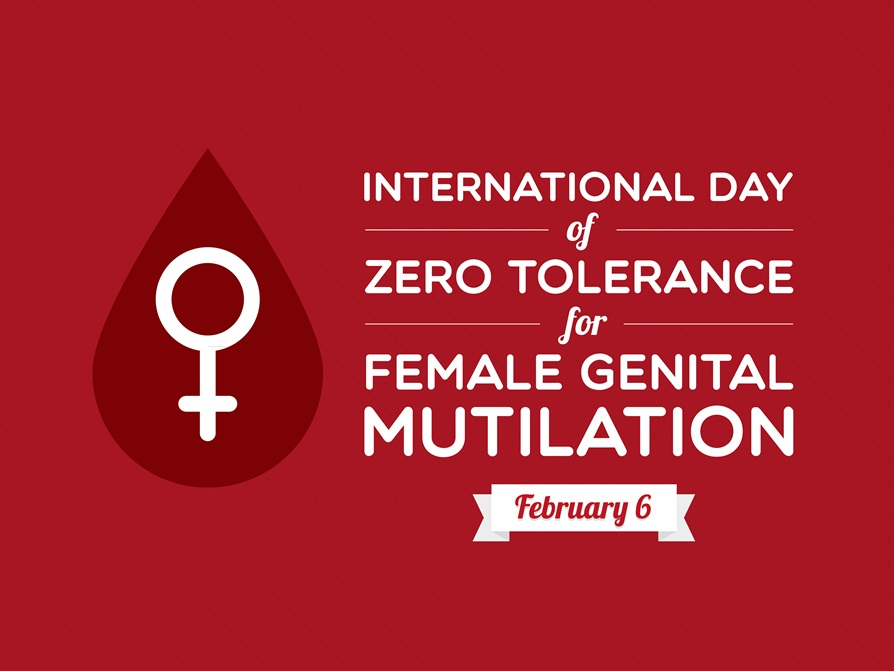Written by Rosamund Shreeves,

The European Union (EU) is committed to working collectively to eradicate female genital mutilation (FGM) as part of broader efforts to combat all forms of violence against women and girls, and to support EU countries’ efforts in this field. The European Commission has undertaken to assess EU efforts to combat FGM every year, on or around the United Nations International Day of Zero Tolerance for Female Genital Mutilation on 6 February.
Here too, as in so many other areas of our lives, the coronavirus pandemic is having a significant impact, threatening to undermine global progress towards eliminating FGM. Before the pandemic, FGM was declining in some, but not all, of the regions where the practice is most widespread. It was already clear that efforts needed to be scaled up to keep pace with population growth, the fact that girls were undergoing FGM at a younger age and the spread of the practice caused by population movement. In July 2020, the Secretary-General of the United Nations reported on the emerging evidence that the coronavirus pandemic is a further obstacle to progress. There are multiple reasons why the pandemic is putting more girls at risk of FGM and disrupting prevention efforts. On the one hand, girls are more likely to be out of education due to school closures and lockdowns, at a time when many families are under financial pressure. This contributes to girls being married off at a younger age and to FGM as a prelude to these marriages. There are also reports that traditional cutters are approaching families directly in search of work as a result of the economic downturn caused by the pandemic. On the other hand, services involved in outreach, support, awareness-raising, and pursuit of perpetrators are also facing pressures as a result of social distancing, lockdowns and the diversion of resources to frontline health services. The UN Population Fund (UNFPA) estimates that the pandemic could result in two million cases of female genital mutilation that would otherwise have been averted, or a 33 % reduction in progress towards the target under the Sustainable Development Goal of eliminating FGM by 2030.
The pandemic is not only having an impact in the countries outside the EU where FGM is most prevalent. The civil society organisation, End FGM EU, warns that risks to girls and pressures on services are also being experienced in Europe. Although travel restrictions make it more difficult to take girls abroad in order for FGM to be performed, this may be counterbalanced by the disruption of protection measures and pressures on the frontline organisations that provide support. End FGM EU has made a number of recommendations for action to ensure that the needs of girls at risk of FGM and survivors of FGM are not forgotten in immediate crisis responses and long-term recovery planning. It is calling specifically for services and funding to be boosted or, at the least, maintained.
At EU level, combating gender-based violence, including FGM, is one of the priorities in the new EU Gender Equality Strategy 2020‑2025. The European Commission is envisaging new EU legislation on gender-based violence and a specific recommendation on measures to prevent FGM. Funding for combating FGM will be available under the joint EU‑UN Spotlight initiative, for external action, and under the new Rights and Values programme for action within the EU.
For its part, the European Parliament has set out its own recommendations for an EU strategy to put an end to FGM around the world. It has also called for action to address the increased risks of FGM resulting from the coronavirus pandemic.
Related EPRS publications:
- At a glance briefing, Zero Tolerance for Female Genital Mutilation, February 2021
- At a glance briefing The Istanbul Convention: A tool to tackle violence against women and girls, November 2020
- Briefing, Violence against Women in the EU: State of Play, November 2020








Be the first to write a comment.